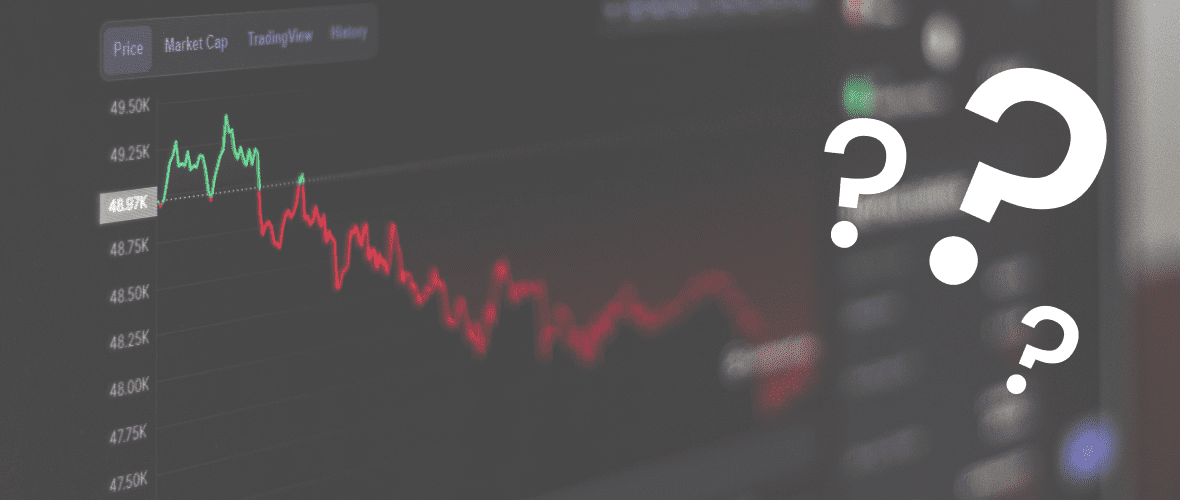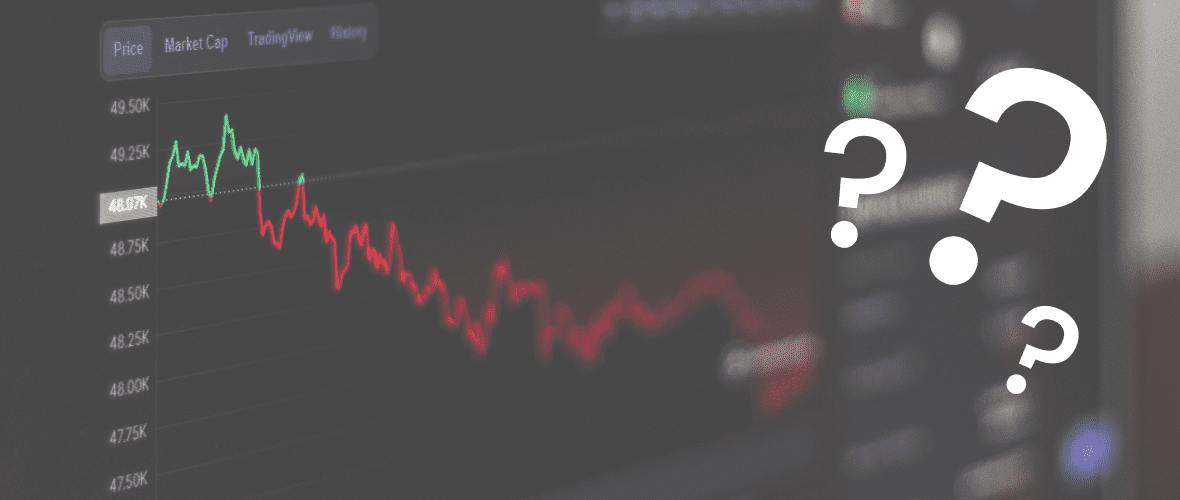Should You Buy Cryptocurrency During Market Dips?

The decision to buy cryptocurrency during market dips has been a popular topic of discussion, especially among those looking for opportunities to increase their returns. When the market drops, many are unsure whether it is the right time to invest or if more caution should be exercised. It is important to weigh both the potential gains and the risks before making any decisions, especially during uncertain times.
Throughout history, cryptocurrencies have experienced moments of significant volatility. These price dips can create opportunities for investors who are willing to take risks, but understanding the key factors that influence market movements is crucial. The market dips often reflect deeper issues, such as global events, financial crises, or even technological developments. Knowing what caused the dip and how the market may recover helps guide better decisions.
Why Do Market Dips Happen?

Market dips often occur due to various factors, including news events, changes in government regulations, or the behavior of major investors. In December 2017, for instance, Bitcoin experienced one of its most significant drops following a rapid rise to an all-time high. This fall was triggered by several factors, including the introduction of stricter regulations in some countries and fears of a market bubble. Major investors, known as "whales," played a huge role in market movements by selling large portions of their holdings, which created panic among smaller investors.
Global financial events, such as the COVID-19 pandemic, also impacted the cryptocurrency market. When the pandemic began in early 2020, a market-wide crash occurred, affecting not only stocks but also cryptocurrencies. These dips were caused by uncertainty, with people pulling out their investments due to fear of a worsening economic situation. Governments responded with different measures, including stimulus packages, which eventually helped markets recover, but not without causing temporary drops in crypto prices.
Should You Buy During Dips?

The idea of buying cryptocurrencies during a dip is tempting to many, as lower prices mean more coins can be bought for the same amount of money. Investors who believe in the long-term growth of cryptocurrencies often see these dips as opportunities. However, timing the market is not always easy. It is difficult to predict when the lowest point has been reached, and further declines could lead to more losses before any potential gains are realized.
A famous example of buying during a dip is Tesla's decision in early 2021 to invest $1.5 billion in Bitcoin. The company made this move during a market dip, believing that Bitcoin would recover and continue its upward trend. Their decision had an immediate effect on the market, causing prices to rise quickly, and Tesla saw a substantial return on its investment in the short term. However, such outcomes are not always guaranteed, and buying during a dip can be risky, especially if the market continues to fall.
What Are the Risks and Rewards?

While the potential rewards of buying during market dips can be significant, the risks should not be ignored. Investors who bought Bitcoin at its peak in late 2017 saw their investments drop by more than 50% in just a few months. Even though the market eventually recovered, it took years for prices to reach similar levels again. This shows how important it is to be patient and prepared for a long-term commitment if one decides to invest during a dip.
On the other hand, those who invested in Bitcoin during the dip in March 2020, when prices fell to around $5,000, saw their investments grow as Bitcoin soared to over $60,000 in the following year. These types of gains attract many investors, but it is important to understand that not all cryptocurrencies will experience the same growth. Some may never recover from their dips, leading to permanent losses.
In conclusion, buying cryptocurrency during market dips can be a double-edged sword. It can provide growth opportunities but also involves significant risks. Understanding why the market dips, considering the long-term potential, and assessing personal risk tolerance will be key to making informed decisions. Each dip presents a unique situation, and what works for one investor may not work for another.





